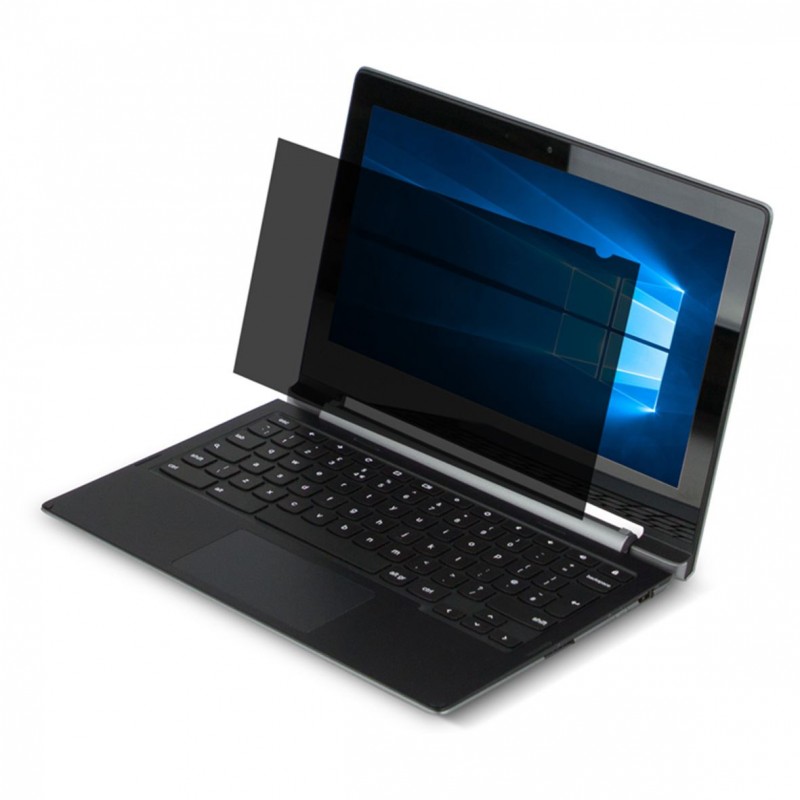

“More contrast is always good, especially for older adults. “That way you're not fiddling with glasses every time you want to see what you're working on." Adjust the contrastīoosting the contrast on your monitors also can take the strain off your eyes, Coleman says. The easiest solution in such cases is to simply increase the font size to a comfortable reading size on all of your screens, Coleman says. The problem with that approach is most people are using laptops, tablets and/or auxiliary monitors, so the distances from their screens vary. But I haven't really found that helpful for my patients." “So if you sit 21.5 inches from your screen, you can get glasses that are focused exactly at that distance. “You can buy computer glasses for the exact distance you need,” Murray says. Increase the font sizeĪnother underlying cause of computer-related eyestrain is that your eyes are working hard to focus on words or images at a somewhat odd distance: A computer screen is farther away than you'd hold a book and closer than you'd be from your TV. If you find yourself needing to use drops more than four times a day, the AAO recommends buying preservative-free drops, as many people find the preservatives can irritate their eyes. You can avoid this by using artificial-tear eye drops to lubricate your eyes.” “As your cornea becomes less lubricated, things become blurry, your eyes feel gritty, and your eyelids may droop a little bit as they try to protect against the dryness.

Murray, M.D., president of the American Society of Retina Specialists. Blinking less frequently while on the computer exacerbates the problem, says Timothy G. Lubricate your eyesĪs we get older, our tear production declines and increases our risk for dry eyes. Now it can be hard to remember to do that, but even if you give your eyes a break once or twice an hour, it can really help,” she says. “In ophthalmology, we have a rule for computer time that every 20 minutes you should look at something about 20 feet away for 20 seconds.

You can avoid digital eyestrain by simply giving your eyes a break at regular intervals, Coleman says. So instead of buying a special pair of glasses you don't need, follow these steps: Apply the 20/20/20 rule “Under normal circumstances, we blink about 15 times a minute, but we blink half of that to one-third of that amount when using digital devices. "When you're at the computer, you're focusing, and research shows that your blinking frequency decreases,” she says. Or more specifically, not blinking when you're staring at your screens, Coleman says.

So what is to blame for your tired, bleary eyes? Blinking. Indeed, a 2019 study published in Optometry and Vision Science found that blue-blocking filters were no more effective in reducing digital eyestrain than neutral light filters that don't block out blue light. "The literature shows there is no evidence of any harm from blue light to the eyes,” Coleman says, “and there's no evidence that shows blue-blocking lenses or filters make any difference at all." Coleman, M.D., president of the American Academy of Ophthalmology (AAO) and professor of ophthalmology at the University of California, Los Angeles. While it's true that hours spent staring at your screens can cause all those problems, the blue light isn't to blame, says Anne L. Manufacturers of computer glasses claim that too much exposure to blue light can lead to dry eyes, blurred vision, eye fatigue, headache and other symptoms of digital eyestrain. Most computer glasses are designed to filter out blue light - high-energy light rays emitted from the display screens on your computer, tablet and phone. But what do these glasses really do? Are they worth buying? En español | As the coronavirus pandemic has driven many of us online for work, meetings and even socializing, sales of computer glasses are on the rise.


 0 kommentar(er)
0 kommentar(er)
